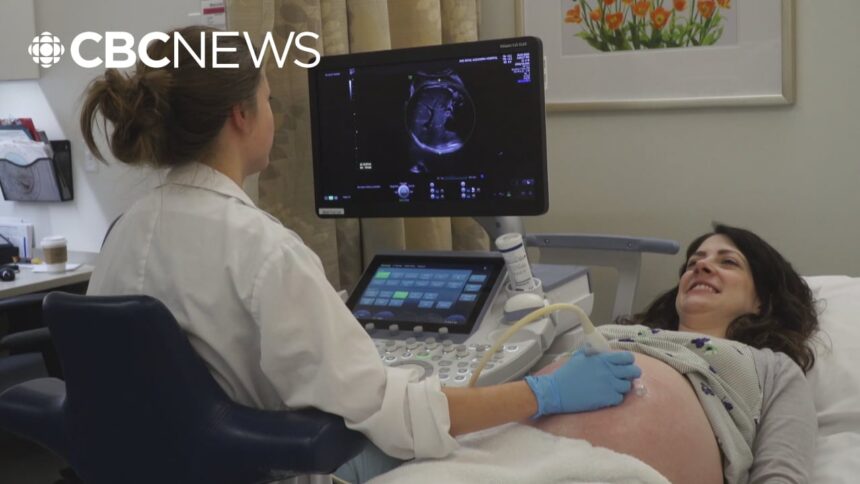The corridors of British Columbia’s maternity wards are growing quieter, but not for positive reasons. A severe shortage of specialized healthcare professionals has pushed the province’s maternity care system to a breaking point, leaving expectant mothers facing unprecedented challenges in accessing essential prenatal and delivery services.
“We’re witnessing a perfect storm of retirements, burnout, and insufficient new graduates entering the field,” explains Dr. Emma Richardson, Chief of Obstetrics at Vancouver General Hospital. “Some rural communities that once had robust maternity services now have nothing at all, forcing women to travel hours for basic prenatal appointments.”
The statistics paint a troubling picture. According to recent provincial health data, more than 15 maternity units across British Columbia have either reduced services or closed entirely in the past three years. This represents a 40% reduction in available care facilities compared to a decade ago, particularly affecting coastal and northern communities where alternatives are scarce.
For expectant mothers like Sarah Clarkson from Powell River, the situation has created enormous stress. “I’m driving nearly three hours each way for routine checkups,” Clarkson told CO24. “When I go into labor, we’ll have to relocate temporarily to be near a hospital. We simply can’t risk being caught without medical support during delivery.”
The shortage extends beyond just obstetricians. Midwives, maternal nurses, and doulas are all in critically short supply. A recent survey from the BC Midwives Association revealed that 78% of practicing midwives are considering leaving the profession within five years, citing overwhelming caseloads and lack of sustainable work-life balance.
Provincial health authorities have acknowledged the crisis and pledged $45 million toward recruitment and retention initiatives, including increased training positions at medical schools and expanded midwifery programs. However, healthcare advocates argue these measures fall far short of addressing immediate needs.
“Training new maternity care providers takes years,” notes Maria Sandoval, spokesperson for the BC Healthcare Coalition. “What’s needed immediately is a comprehensive strategy to retain existing professionals while creating incentives for specialists to serve in underrepresented communities.”
The financial impact extends beyond the healthcare system. Families facing long-distance travel for maternity care report spending thousands in accommodation, transportation, and lost wages. For Indigenous communities, the loss of culturally appropriate birth services has particularly devastating effects on maternal health outcomes and traditional birthing practices.
“We’re seeing the consequences of decades of underinvestment in maternal healthcare infrastructure,” explains Dr. James Wilson, health policy researcher at the University of British Columbia. “The pandemic merely accelerated trends that were already deeply concerning.”
As provincial health authorities scramble to address the crisis, pregnant women across British Columbia continue navigating a fragmented system, often cobbling together care through a patchwork of providers. The situation has prompted renewed calls for systemic reform of how maternal healthcare is delivered, particularly in rural and remote regions.
The question facing British Columbia now extends beyond immediate staffing solutions: How can we rebuild a maternal healthcare system that ensures every expectant mother has access to quality care regardless of postal code, without burning out the dedicated professionals who provide these essential services?






















